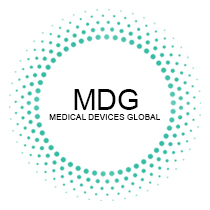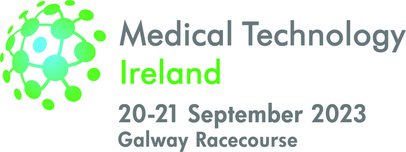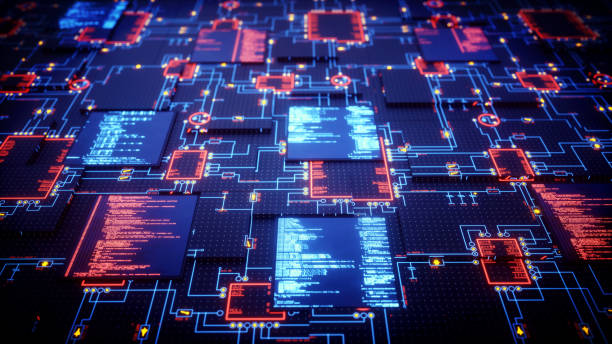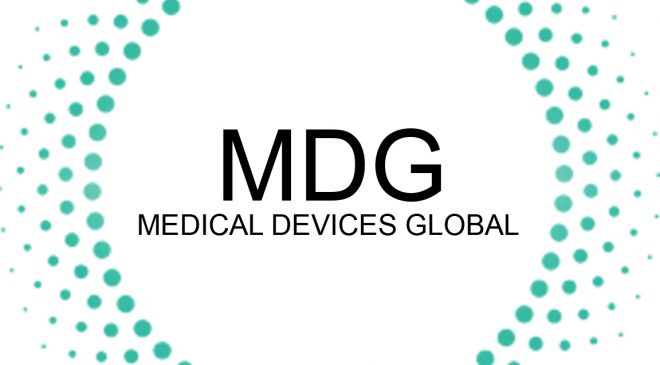In the ever-evolving landscape of medical devices, innovation is the driving force shaping the future of healthcare. This article explores the latest trends and insights that promise to revolutionize medical devices and enhance patient care in the years to come.
1. Personalized Medicine and Devices
The era of one-size-fits-all healthcare is giving way to personalized medicine and devices. From custom implants to treatment plans tailored to an individual’s genetics and health data, personalization is enhancing treatment effectiveness and patient outcomes.
2. Non-Invasive Monitoring Technologies
Advancements in non-invasive monitoring are reducing the need for invasive procedures and improving patient comfort. Non-invasive devices can measure vital signs, analyze blood, and even conduct diagnostic imaging without the need for needles or incisions.
3. Implantable Drug Delivery Systems
Implantable drug delivery systems are evolving to provide precise, controlled drug release over extended periods. These devices are particularly valuable for patients with chronic conditions, offering consistent therapy and reducing the need for frequent medication administration.
4. 5G Connectivity for Remote Healthcare
The rollout of 5G technology is transforming remote healthcare delivery. High-speed, low-latency connections enable real-time video consultations, remote monitoring, and the use of augmented reality (AR) and virtual reality (VR) in medical applications.
5. AI-Powered Diagnostics
AI-driven diagnostics are enhancing the speed and accuracy of disease detection. AI algorithms can analyze medical images, interpret lab results, and predict disease progression, assisting healthcare providers in making timely and informed decisions.
6. Sustainable Medical Devices
Sustainability is becoming a critical factor in medical device design and manufacturing. Eco-friendly materials, reduced energy consumption, and recyclability are gaining importance, aligning healthcare with global sustainability goals.
7. Telemedicine-Integrated Devices
Medical devices are increasingly incorporating telemedicine features, allowing patients to connect with healthcare providers directly through the device. This integration streamlines communication, enables remote consultations, and enhances patient engagement.
8. Regenerative Medicine and Tissue Engineering
Regenerative medicine is unlocking the potential to repair and replace damaged tissues and organs. Tissue-engineered implants and therapies harness the body’s natural regenerative capabilities, offering new hope for patients with degenerative conditions.
9. Neurostimulation and Brain-Computer Interfaces (BCIs)
Neurostimulation devices and BCIs are advancing treatments for neurological disorders, such as Parkinson’s disease and spinal cord injuries. These technologies enable patients to regain lost function and improve their quality of life.
10. Augmented Reality (AR) in Surgical Navigation
AR is revolutionizing surgical procedures by providing surgeons with real-time, overlayed information during operations. Surgeons can visualize critical structures, enhancing precision and reducing the risk of complications.
Conclusion: Pioneering Healthcare’s Tomorrow
The future of healthcare is being shaped by innovative medical devices that promise to transform patient care, improve outcomes, and expand access to services. Staying informed about these trends and insights is essential for healthcare professionals, device manufacturers, and policymakers as they collectively pioneer the future of healthcare. Medical Devices Global remains dedicated to providing comprehensive coverage and insights into the dynamic world of medical device innovation and its profound impact on the healthcare landscape.



